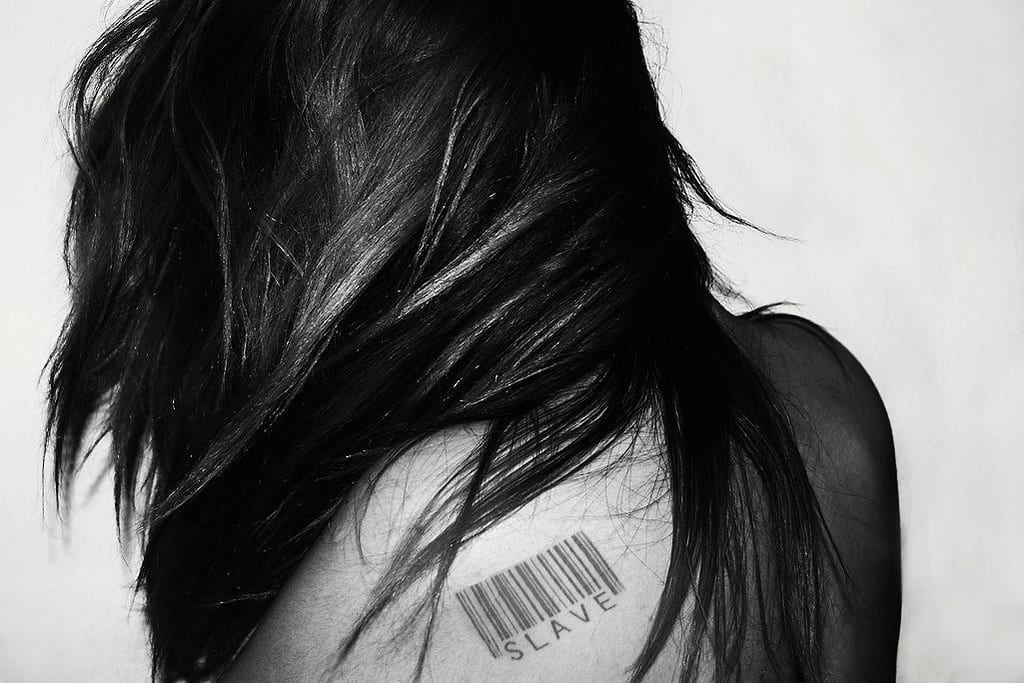
A Guide for Survivors of Sex Trafficking During COVID-19
It’s okay to feel how you feel
It is important to talk about how trauma can manifest in different ways, and there is no shame, blame or guilt for being triggered by the COVID-19 pandemic. If you are feeling this way, know that you are not alone. Many survivors are feeling similarly. It is ok if you can identify with any of these feelings. In many ways, it makes sense after the experiences you have lived through
Why might COVID-19 feel particularly triggering or activating for survivors of human trafficking?
Psychological coercion is a powerful form of psychological abuse that can be used to create an environment of fear. The ever-changing nature of how our communities respond to COVID-19 can mirror the psychological coercion tactics utilized by traffickers. Many survivors of trafficking felt they could not exit their trafficking situation due to emotional, financial, and psychological barriers, as opposed to physical ones. As Judith Herman states in her book Trauma and Recovery, “Physical barriers to escape are rare. In most homes, even the most oppressive, there are no bars on the windows, no barbed wire fences… The barriers to escape are generally invisible. They are nonetheless extremely powerful.” The invisible barriers of social distancing can feel similar to those similar invisible restrictions placed on survivors when they were trafficked.
8 Methods of Psychological Coercion
Research has shown that traffickers often use tactics of psychological coercion similar to those used to elicit false confessions from prisoners of war: isolation, disconnection and distrust, debilitation and exhaustion, threats, moments of hope, intimidation, humiliation and emotional abuse, and unpredictable expectations. Below, we will outline how social distancing and our current climate with COVID-19 may remind survivors of feelings and experiences of power and control when they were being exploited.
1. Isolation
Isolation involves cutting off or restricting contact from family members and friends. It can also consist of control over your physical, emotional and digital movement and connections, such as monitoring and restricting your transportation, access to your workplace, your phone, etc.
How does COVID-19 mirror Isolation?
With social distancing, you are kept physically away from your support network. You might also lack full control over your transportation, such as where you are allowed to go and how long you can stay. For some, a safe space you once had access to may no longer be accessible. For example, due to social distancing, many survivors can no longer access a family member, friend or community organization that felt safe. The sense of isolation many of us are feeling due to social distancing does not come close to comparing to the level of isolation most survivors have experienced. However, it can remind survivors of how it felt when they were being trafficked, and if you are feeling that way, it is valid and makes perfect sense after all you have overcome.
Tips on Coping with Isolation
Stay connected virtually in the safest and most comfortable way that you can, whether that might be text, phone call, social media, videoconference, etc.
- Why videoconferencing might be triggering: Please note that videoconferencing itself may be triggering for many survivors of trafficking, especially if the sexual exploitation involved cameras and/or online chat rooms. We advise service providers to be mindful of this and give survivors choice in how they connect with you virtually. We also recommend service providers do not videoconference from their bed. Videoconferencing from a bedroom setting can be especially triggering for survivors under any circumstances, but especially when interacting with an individual in a role of power, as in the past many survivors were exploited by those with power in a bedroom setting. It is important for service providers to be mindful of their power.
- Why certain camera angles might be triggering: Be mindful of the angle at which a survivor might be viewing you if you are videoconferencing. For example, when your device is below you, it can look like a survivor is looking at you from your lap, which can be extremely triggering for survivors of sex trafficking and other forms of sexual violence. Instead, we recommend positioning your camera a few inches higher than eye level, facing slightly down towards you.
- Why phone calls, texts and social media might be triggering: Many survivors had to interact with sex buyers over the phone, text, or social media so even telephone communication and texting can be triggering. Again, we advise that the power to decide what type of virtual communication you use during this time lies with the survivor.
Read the full article here.
